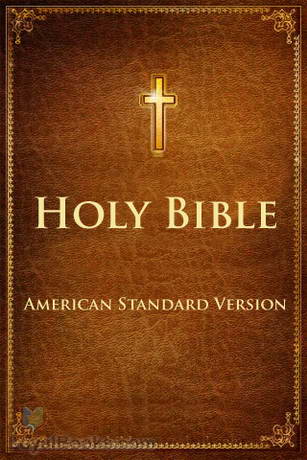
By: American Standard Version
1 Samuel, as translated by the American Standard Version, is a powerful and engaging book that provides readers with a detailed account of the rise of the prophet Samuel and the reign of King Saul in ancient Israel. The translation stays true to the original text, capturing the beauty and complexity of the narrative while making it accessible to modern readers.
One of the standout features of this version is its clarity and readability. The language is straightforward and easy to understand, allowing readers to fully immerse themselves in the story without getting bogged down by archaic language or confusing syntax. The detailed footnotes also provide helpful context and explanations, making it easier for readers to follow along with the events and characters in the book.
The storytelling in 1 Samuel is both captivating and thought-provoking. From the dramatic anointing of Samuel as a prophet to the tragic downfall of King Saul, the book is filled with intrigue, betrayal, and moral dilemmas that continue to resonate with readers today. The characters are complex and multifaceted, showing both their strengths and weaknesses as they navigate the challenges of leadership and faith.
Overall, the American Standard Version of 1 Samuel is a must-read for anyone interested in biblical history and literature. It offers a fresh perspective on the familiar stories of Samuel, Saul, and David, inviting readers to reflect on the timeless themes of power, morality, and divine intervention. Whether you are a seasoned scholar or a casual reader, this translation will undoubtedly enrich your understanding of this ancient text and its enduring relevance. Book Description:
“The Books of Samuel (Hebrew: Sefer Sh’muel ספר שמואל) are part of the Tanakh (part of Judaism’s Hebrew Bible) and also of the Christian Old Testament. The work was originally written in Hebrew, and the Book(s) of Samuel originally formed a single text, as they are often considered today in Hebrew bibles. Together with what is now referred to as the Book(s) of Kings, the translators who created the Greek Septuagint divided the text into four books, which they named the Books of the Kingdoms. In the Latin Vulgate version, these then became the Books of the Kings, thus 1 and 2 Samuel were referred to as 1 and 2 Kings, with 3 and 4 Kings being what are called 1 and 2 Kings by the King James Bible and its successors.”
|
